Food security, as defined by the Food and Agriculture Organization (FAO, 2022), exists when all people have physical, social, and economic access to sufficient, safe, and nutritious food. Yet, in West Africa, a region home to more than 430 million people, chronic food insecurity is a persistent threat. Structural poverty, environmental degradation, conflict, and dependence on rain-fed agriculture have made the region one of the most food-insecure globally.
Nigeria, which accounts for over half of West Africa’s population and economy, is not immune. Indeed, it is both a driver and a victim of regional food insecurity. Understanding the regional dimension is critical to crafting sustainable, scalable, and sovereign food policies.
West Africa’s Fragile Food Landscape
West Africa’s food systems are heavily reliant on smallholder farming, limited infrastructure, erratic rainfall patterns, and low productivity. According to the West African Food Security Outlook (FEWS NET, 2024), over 50 million people in the region are projected to experience crisis-level food insecurity in 2025, double the figure from five years ago.
So what’s driving this?
- Climate Shocks: Droughts, floods, and extreme temperatures, especially in the Sahel, are reducing arable land, shrinking water availability, and disrupting planting seasons. Countries like Nigeria, Niger, and Burkina Faso have experienced yield drops of 20–35% due to these climate events (WFP, 2023).
- Insecurity and Displacement: Armed conflict in Mali and Burkina Faso, insurgency in Nigeria, and banditry across borders have displaced over 10 million people in the region (UNHCR, 2024), disrupting agriculture and cutting off communities from food markets.
- Trade Barriers and Market Fragmentation: While ECOWAS policies encourage free movement of goods, sudden border closures and export bans are common. Nigeria’s border closure from 2019 to 2021 disrupted food flow and triggered ripple effects across Benin, Ghana, and Niger.
- Currency Weakness and Import Dependency: The region spends over $17 billion annually on food imports (AfDB, 2023). As currencies like the Naira depreciate, food becomes less affordable.
Why Nigeria Can’t Do It Alone
Nigeria is central to the region’s food economy. It is West Africa’s largest market, agricultural producer, and population hub. But its food security is deeply influenced by what happens beyond its borders.
- Cross-Border Trade: Nigeria depends on neighboring countries for livestock and certain food items. Over 60% of cattle consumed in Northern Nigeria come from Niger and Chad. Any disruption here directly affects local food prices.
- Insecurity Spillovers: Conflicts in the Sahel have sent waves of migrants into Nigeria, particularly into already vulnerable areas. This raises local food demand and stretches already scarce resources.
- Shared Climate Risks: The agro-ecological zones that run through West Africa don’t stop at Nigeria’s borders. Climate events in Burkina Faso or Ghana can disrupt weather systems, market supply, and food production across Nigeria’s northern belt.
What Has Been Done Regionally
ECOWAS has introduced frameworks such as the Regional Agricultural Policy (ECOWAP) and the Regional Food Security Reserve (RFSR) to support coordinated responses. But these efforts are still underfunded and under-implemented. Nigeria, despite its status, has not fully leveraged its influence to strengthen these mechanisms. A stronger push is needed for Nigeria to lead by example in regional food security. Here’s what Nigeria can do differently:
- Lead a Regional Food Resilience Task Force
Nigeria should champion a high-level ECOWAS task force focused on early warning systems, climate data sharing, and coordinated food crisis responses. - Invest in Cross-Border Infrastructure
Prioritize key corridors like the Lagos-Kano-Jibia highway and West African Growth Ring. Roads, cold chains, and storage facilities make all the difference in moving food efficiently. - Support Regional Agro-Processing Zones
Nigeria’s agribusiness sector should invest in shared agro-processing clusters in border states like Kebbi and Cross River. This boosts trade and adds value locally. - Formalize Informal Trade
With over 60% of food trade in the region happening informally, Nigeria should ease customs processes, digitize trade systems, and support trader cooperatives to integrate more actors into formal markets. - Champion Climate-Smart Agriculture
Support regional efforts to promote drought-resistant seeds, community irrigation systems, and regenerative soil practices across the Sahel and Guinea Savannah zones.
In Conclusion
Nigeria cannot achieve food security in a vacuum. Our borders are porous, our climates are shared, and our economies are connected. West Africa’s food crisis is Nigeria’s food crisis, and its solutions must be regional. By investing in shared infrastructure, supporting regional policy, and embracing climate-smart innovations, Nigeria can move from reactive crisis response to proactive leadership. A food-secure region is the only path to a food-secure Nigeria.

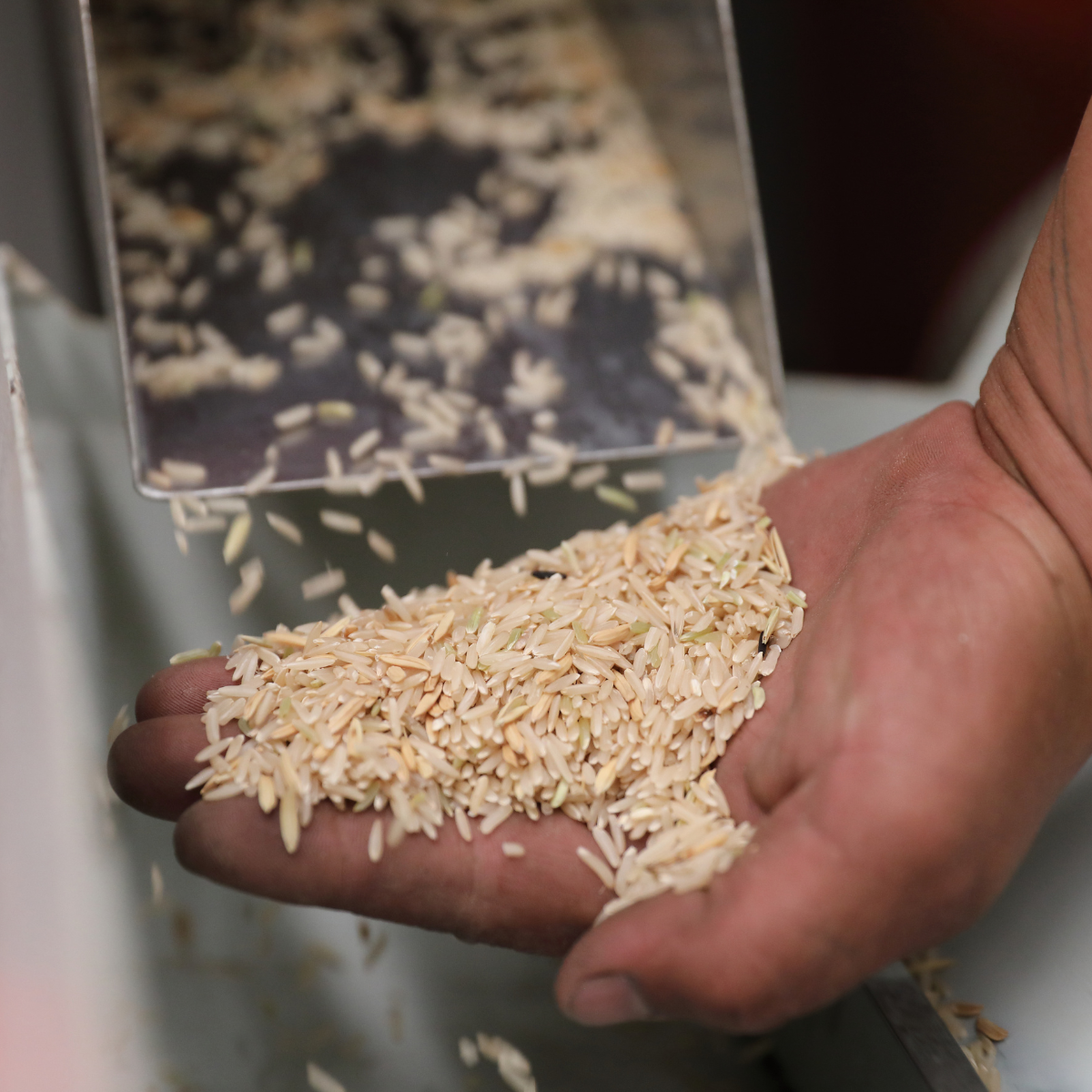
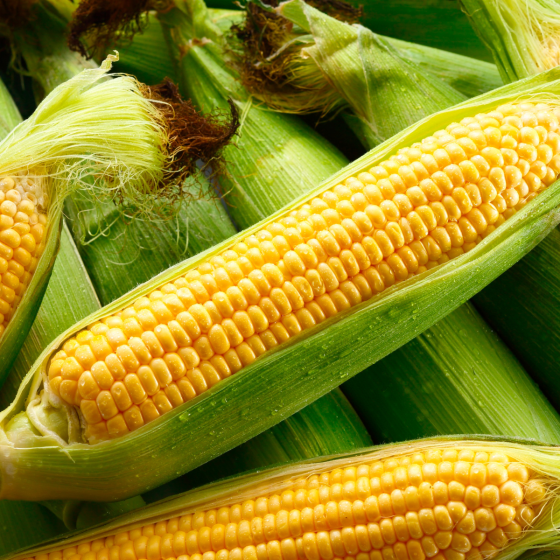
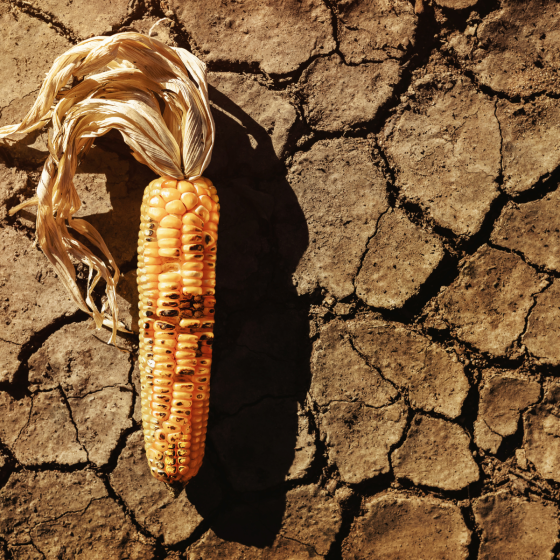
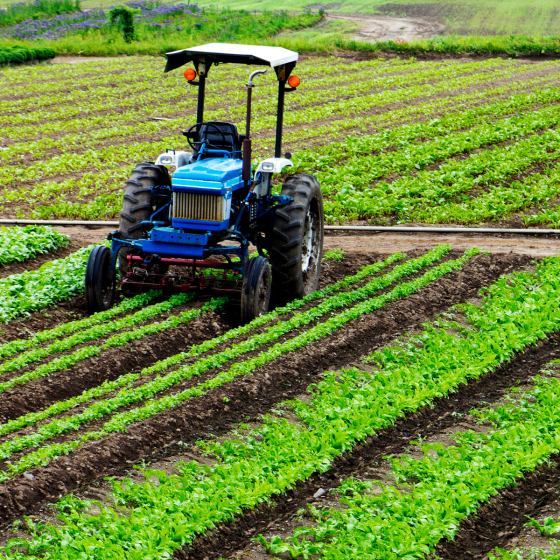
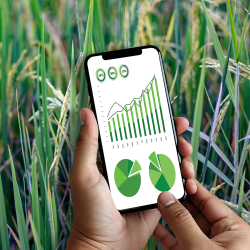
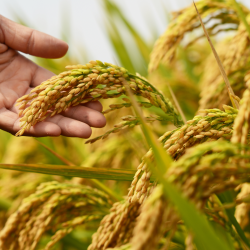
One comment
A well written and succinct article. The real issue though, it political will.